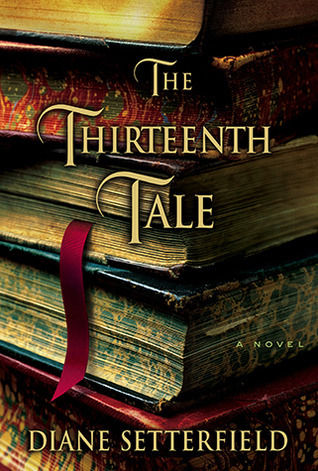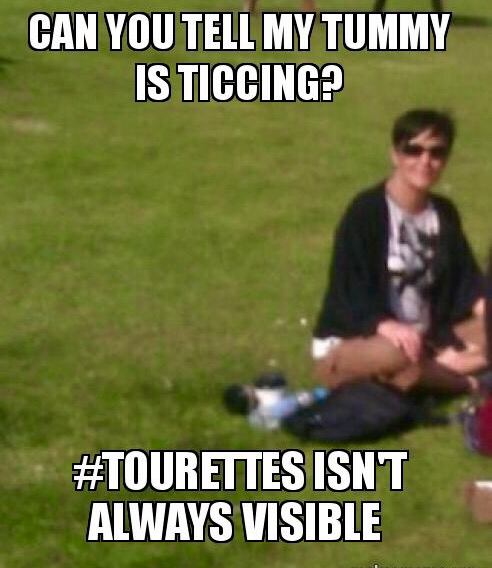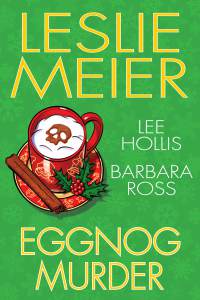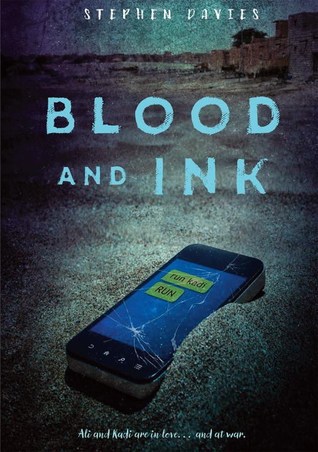 Vida Winter, who has been England’s most popular and prolific author for decades, is also its most mysterious. In every interview she spins a new life story, leaving everyone more and more curious about what the real story, which she keeps so carefully guarded, might be. Now that she is nearing the end of her life, finally, Vida Winter is ready to tell the truth.
Vida Winter, who has been England’s most popular and prolific author for decades, is also its most mysterious. In every interview she spins a new life story, leaving everyone more and more curious about what the real story, which she keeps so carefully guarded, might be. Now that she is nearing the end of her life, finally, Vida Winter is ready to tell the truth.
Margaret Lea is the daughter of a bookstore clerk who has always lived her life around an antiquated and beloved collection of books. She prefers these volumes to modern literature, which is why she’s never read anything penned by Vida Winter. One day out of the blue, Margaret receives a letter from Miss Winter, asking her to be her biographer. Haunted by her own ghosts, but intrigued by arguably Winter’s most popular book, Thirteen Tales of Change and Desperation (which only had twelve stories), Margaret hesitantly agrees. Over the course of several months and the bulk of the novel, Margaret listens as Vida spins the intricate story of the place she grew up, Angelfield, and its inhabitants.
This was my second time reading The Thirteenth Tale. I read it for the first time around five years ago and didn’t come away from it with the best feeling. I know a lot of people loved this book, so I wanted to give it another chance. Plus it was fall at the time; does anything go together better than autumn evenings and a gothic novel? Not even peanut butter and jelly can hold a candle to that.
For me, the pacing was an adjustment, especially the first time I read it. That is to say, it’s slow. Most of the story is Vida sitting down with Margaret and simply telling her the story. Two people in a room talking. It takes her a very long time to tell it. Months. I accept that it is a detailed account and the woman who tells it is a ‘master storyteller’ (and sickly to boot), but such a large time frame just seemed unrealistic to me. Not to mention that the story seemingly begins with two random characters. Neither of them is Vida, and it isn’t clear for a long time how they even relate to the story at hand. For the plot, the slow pacing was necessary; even though the story is true and is directly revealed to Margaret, the authoress leaves out a huge piece of the story that Margaret has to uncover to know the entire truth, and Margaret needs time to do that. In that aspect, this novel remains true to the gothic style: there’s a mystery and a few twists you may or may not see coming.
But this novel takes gothic to the next level. I want to almost call it grotesque. From the chilling characters in the backstory & the character motivations in the ‘present’, to the word choices by the author & even the integral elements of plot…it just left me feeling a little bit creeped out. If you enjoy that sort of thing, then you’ll love this novel. It is certainly done well, it just wasn’t necessarily my taste.
A note on the audiobook:: I’ve listened to the audio version of this novel narrated by Bianca Amato. She does an impeccable job, I highly recommend it. It is probably this connection that reminded me of Her Fearful Symmetry as I read The Thirteenth Tale, it is also narrated by Amato. Both books have a similar tone of mystery and each even feature twins heavily within the stories. If you liked that book, you will more than likely enjoy this one.
I can’t end this review in good conscience without a little bit of a rant::
In the Goodreads blurb, The Thirteenth Tale claims to be a “love letter to reading”. I will be honest and tell you this annoys me. This book isn’t about reading. It’s not about books, or even being an author. Yes, these are all elements in this story, but it is not what this story is. I’ve seen several other books recommended especially for “Book Lovers,” and to be honest, I didn’t love any of them. You know what books I think book lovers should read? Whatever the hell they want to. Yes, it’s a great marketing tool, because obviously you’re trying to sell your book to people who love to read, but just because they love to read and you have a character who is an author and another who was raised in a bookstore (two things nearly every book lover daydreams about, amiright?) does not mean they’re going to automatically love your book. I am a lover of books and reading and even writing, and I did not love this book. So does that make me any less of a book lover? Hell no. It’s just another book, don’t feel like because you like to read you have to read this one. And if you read this one, don’t feel like you have to love it.
End Rant. Sorry (not sorry).
e.
Advertisements Share this:




